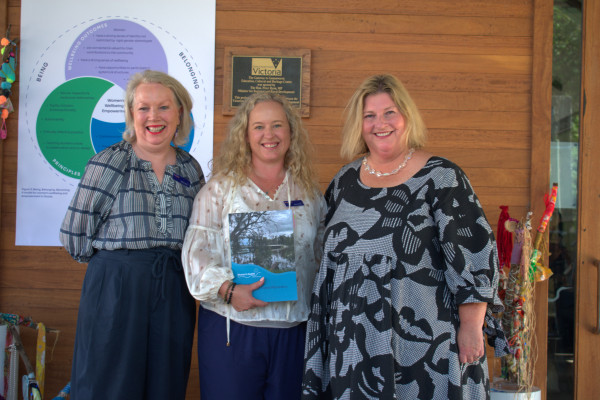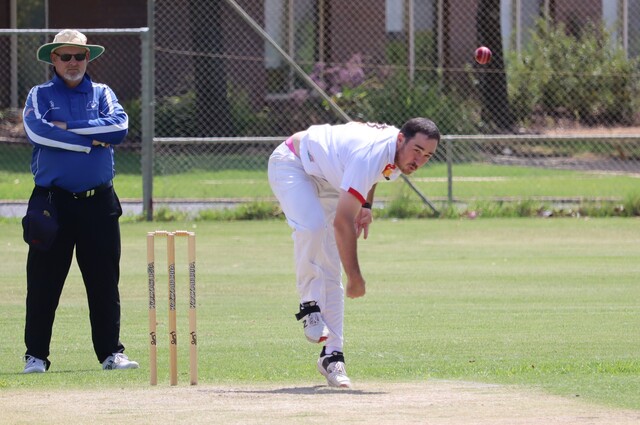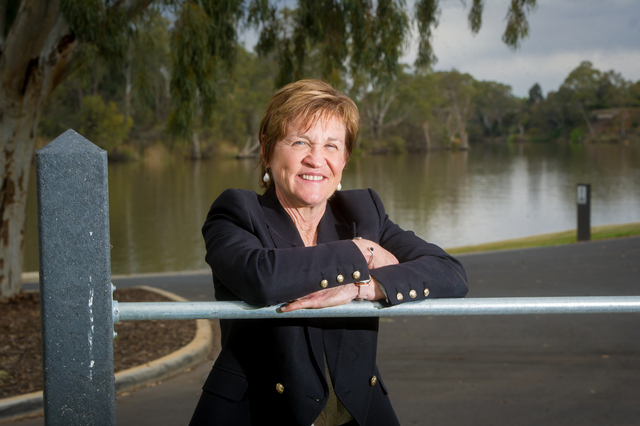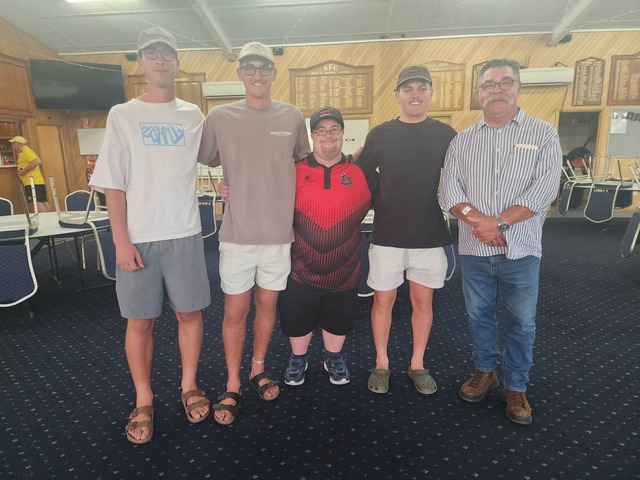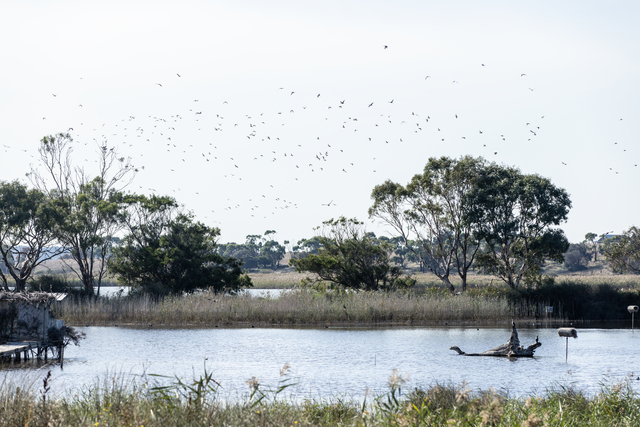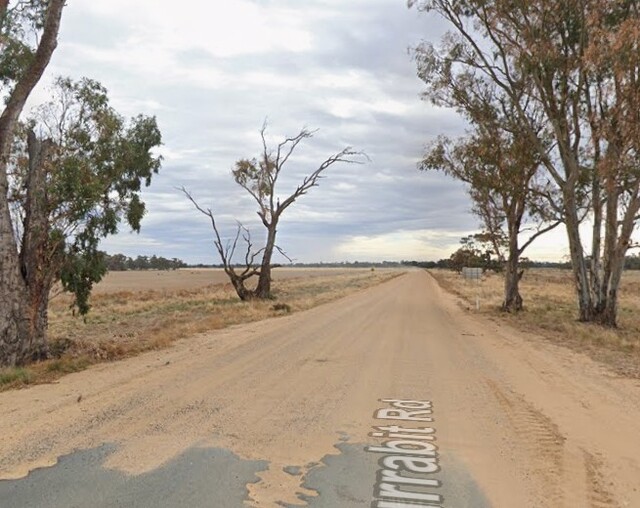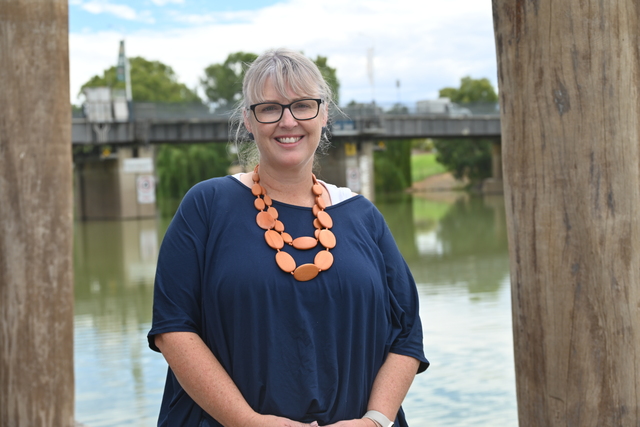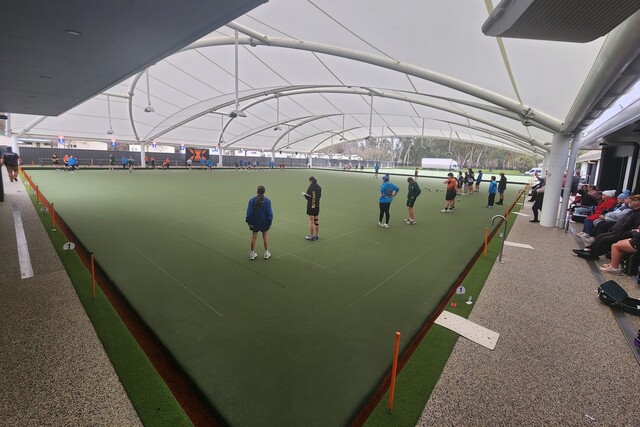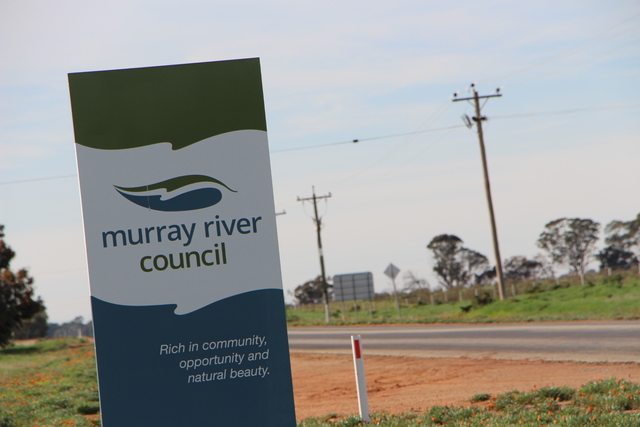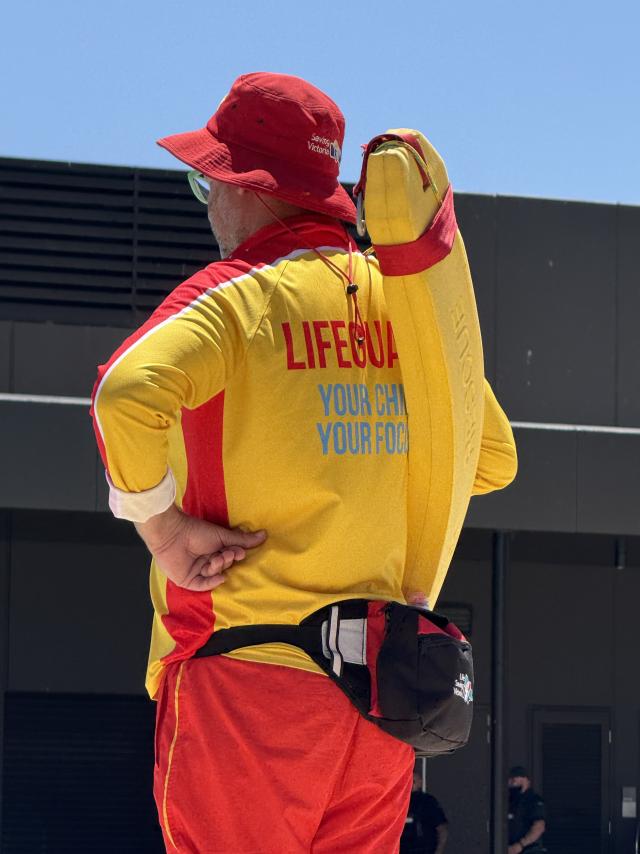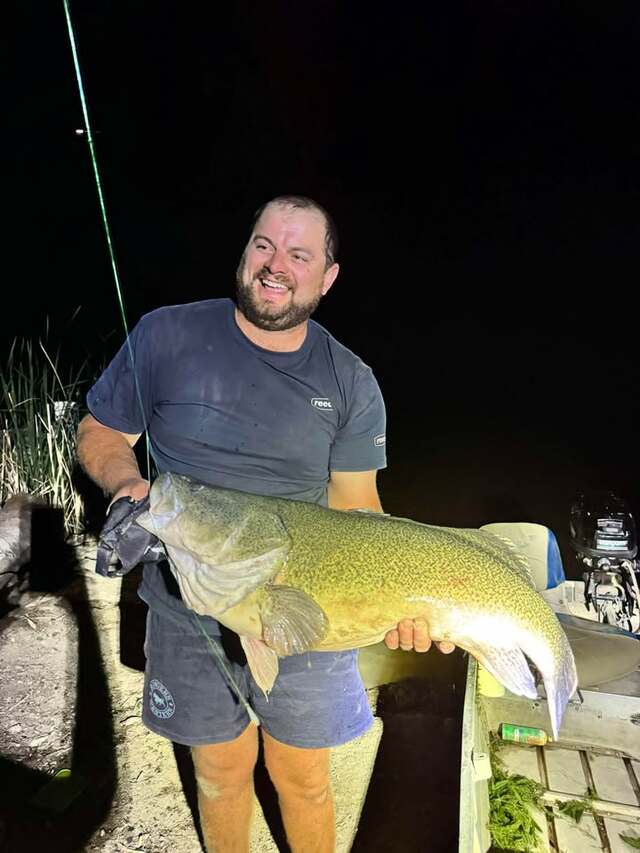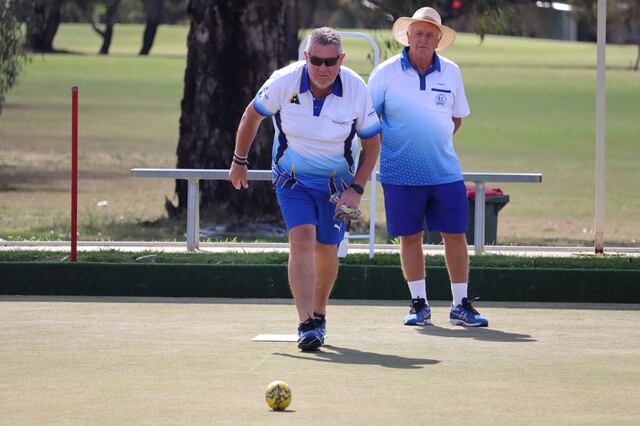THE 2022 floods impacted thousands of people in the Gannawarra Shire.
However, flood-affected women in the area and researchers from Women’s Health Loddon Mallee say that the experiences of women during flood recovery often get overlooked.
That’s why Murrabit resident Penny Lennon took part in a focus group conducted by WHLM for its Women Rising report.
“I felt so proud being a part of this because women are finally being heard,” Ms Lennon said.
“And to see our stories put into writing meant that we weren’t just talking for nothing.”
The report, which launched at the Cohuna Gateway to Gannawarra Visitors Centre last Tuesday, looked at women’s experiences in the recovery process of the 2022 floods.
“It is important to recognise that no two women share the same experience, and that no two communities are the same,” the report said.
“In fact, we often heard how there were communities within a community. There are, however, themes which are common to these experiences.”
Some themes explored in the report were how women can be expected to uphold gendered roles during flood recovery.
Ms Lennon said that everyone was impacted differently.
“I thought it was hard because we had to pump a levy out for three weeks just so we could keep our house dry,” she said
“But people that lived a mile down had water up to the windows.”
However, she found that most women shared similar experiences to each other.
“The women were working hard to take care of other people while having to manage their family,” she said.
Ms Lennon had to take extra care to look after her son, who has autism.
“Trying to help him as well as other people was hard,” she said.
“Every day I was pumping water out the levee and I still had to wash my clothes, cook my food and take care of my children.
“But while talking to other women, I realised I wasn’t alone and that everyone was going through a hard time and it was OK to say ‘it’s hard, or I’m tired, and I’ve had enough’.”
The Women Rising report contained many stories like Penny’s to help emergency management become more inclusive by providing a gendered lens.
WHLM chief executive Tricia Currie said it was important to launch the report in Cohuna.
“The Gannawarra Shire has in particular has experienced extreme weather events such as flooding and long-term droughts and we wanted to make sure their stories are heard,” she said.
Ms Currie said the perspectives of women had been missing in stories of preparation and recovery.
“There are certain gendered expectations placed on people and many times women’s experiences were not included because they weren’t at the table,” she said.
“We need to understand that expectation of being a carer that women can have.
“Women are saying that their work sometimes goes unacknowledged and undervalued and often taken for granted.
“There are really rigid gender types that ask women to make themselves small. It can be really helpful for women to have supportive and safe environments for self-care and that’s different for every woman.
“One woman described it as ‘having coffee with her husband on their front deck, and someone else said taking a walk’.”
More information on the Women Rising report can be found at whlm.org.au/women-rising

